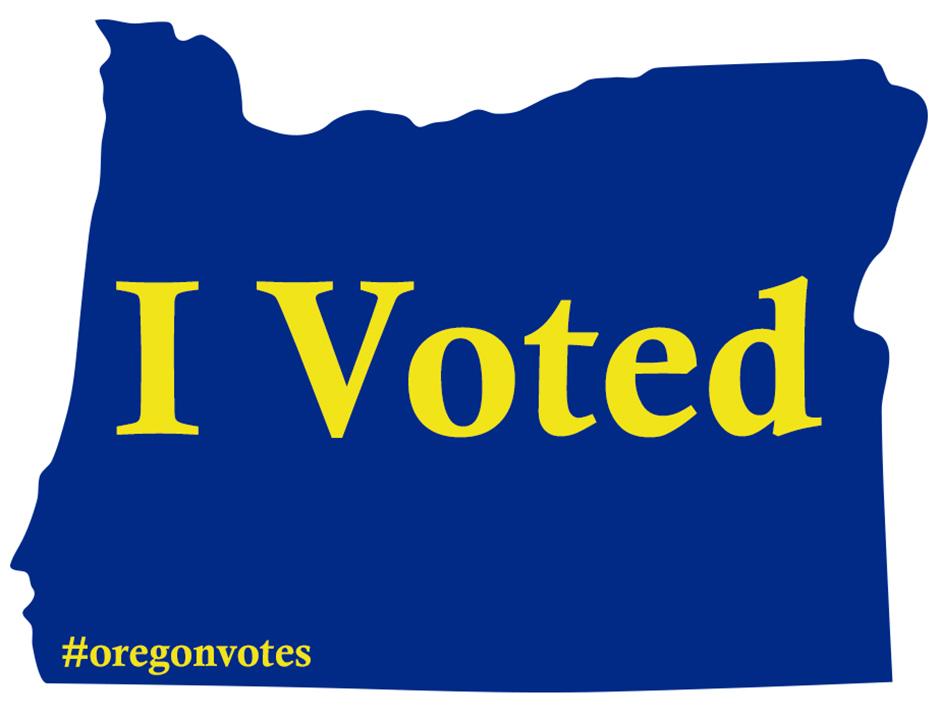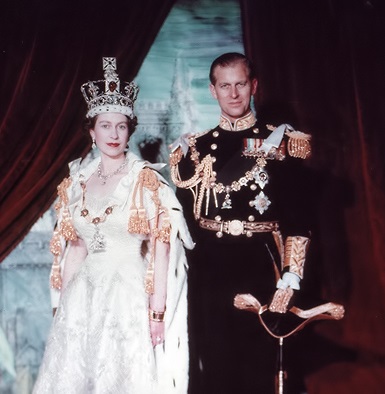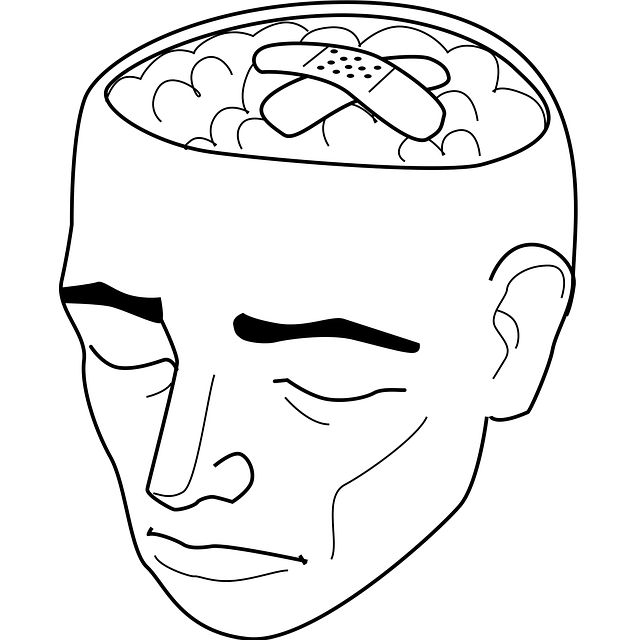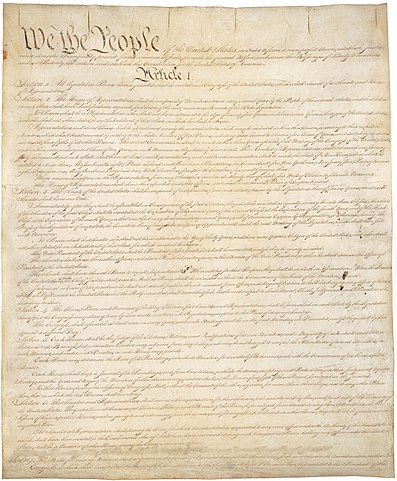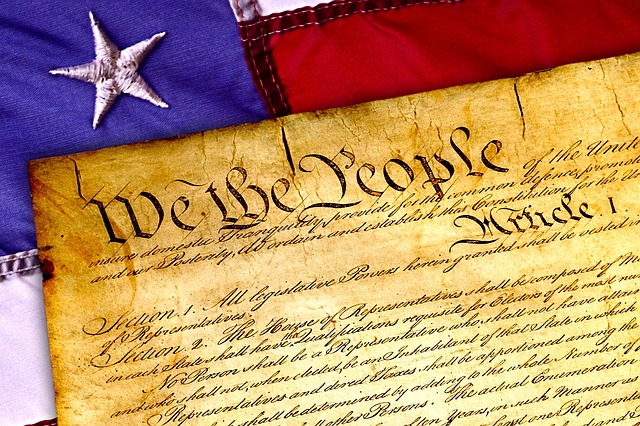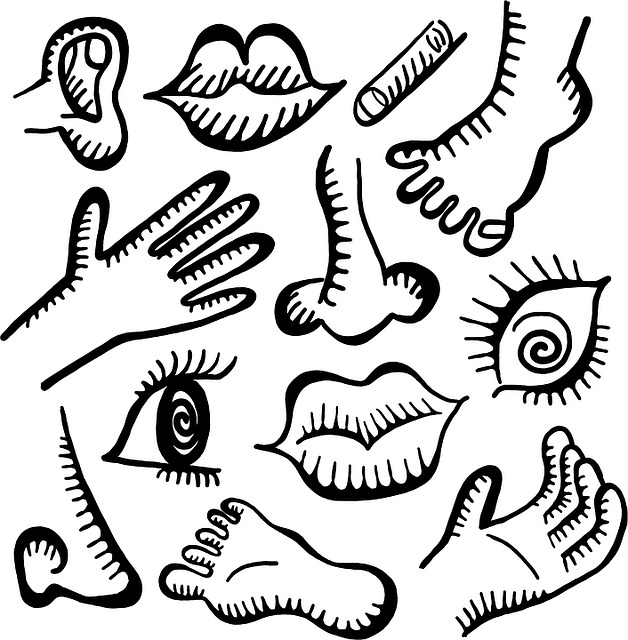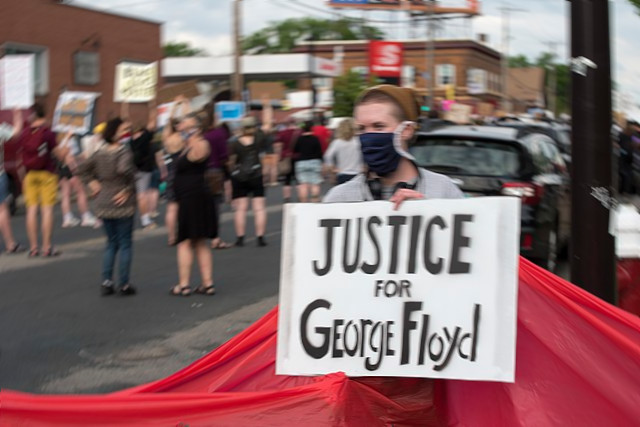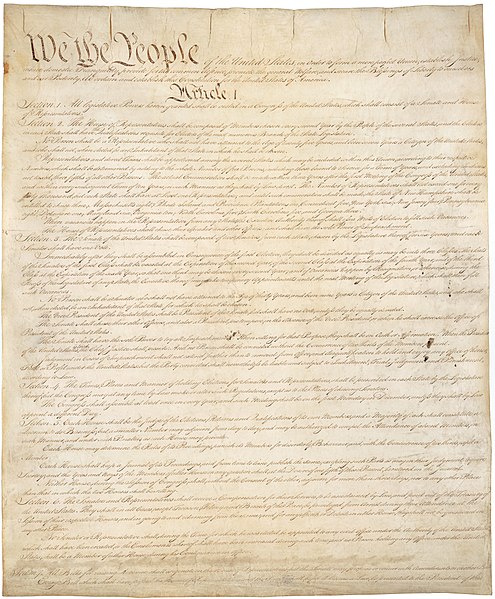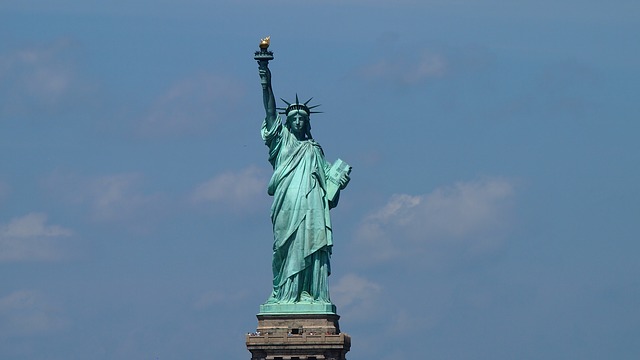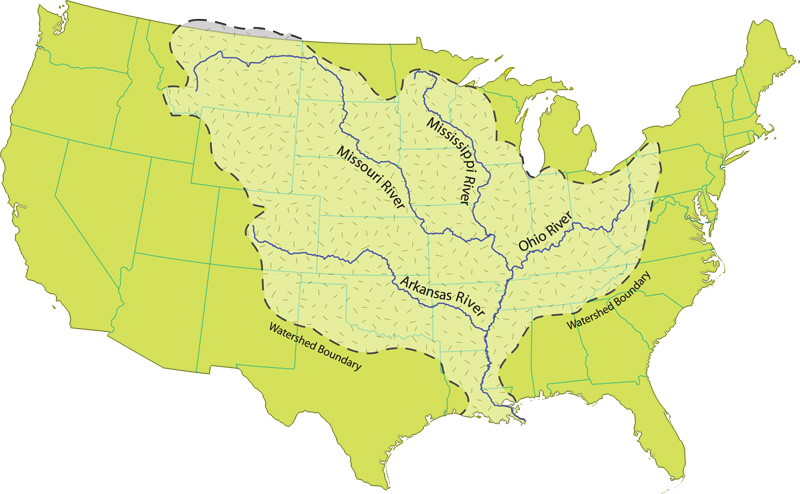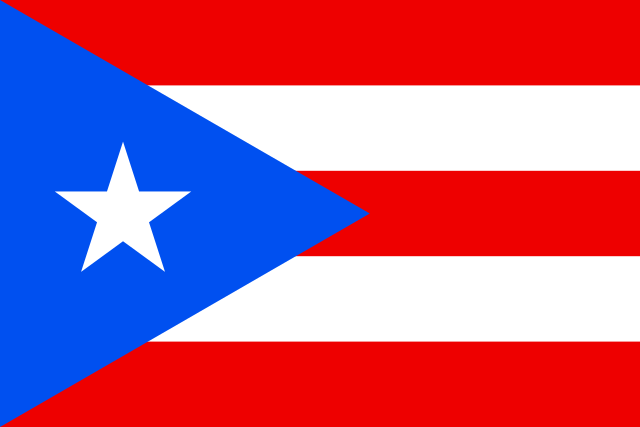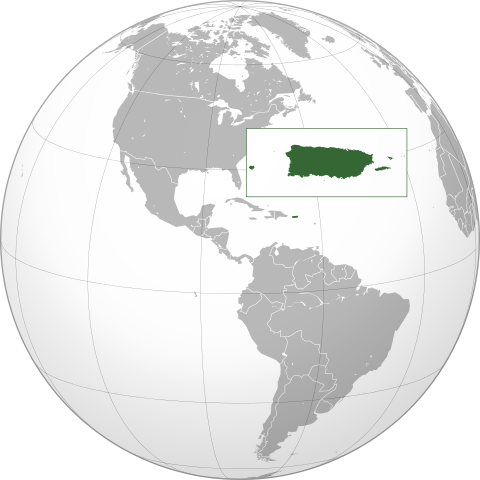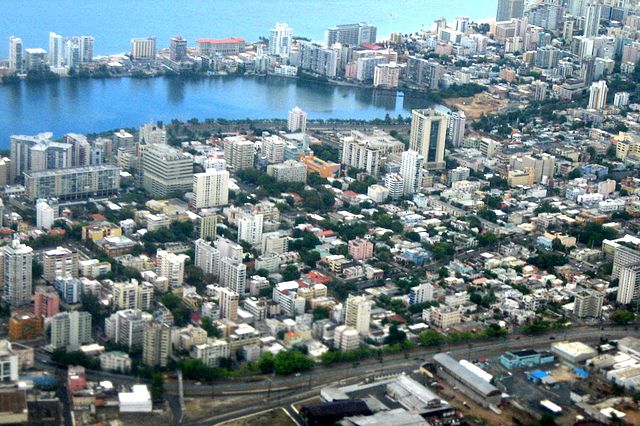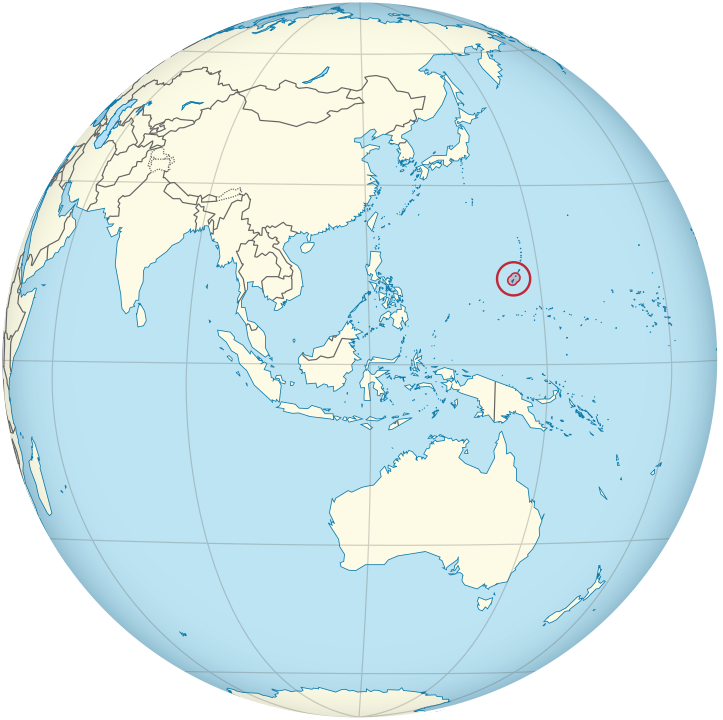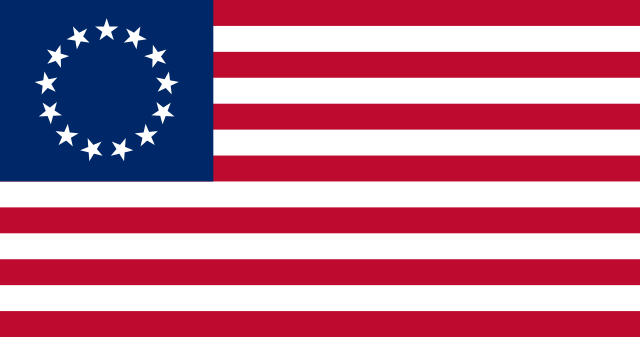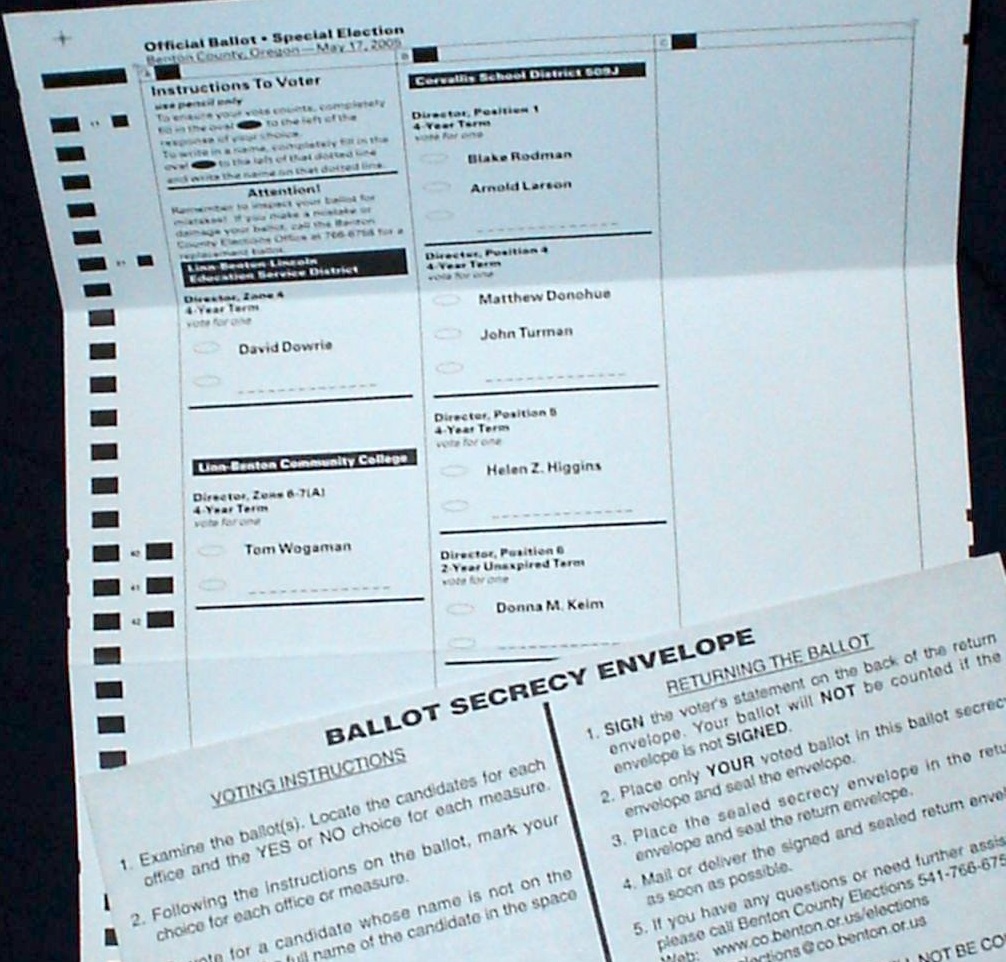
The United States is a democracy. Citizens choose leaders by voting in elections.
Voting is a special right that is only for United States citizens. When you become a citizen, you should register to vote!
Name one right only for United States citizens. –> Vote in a federal election
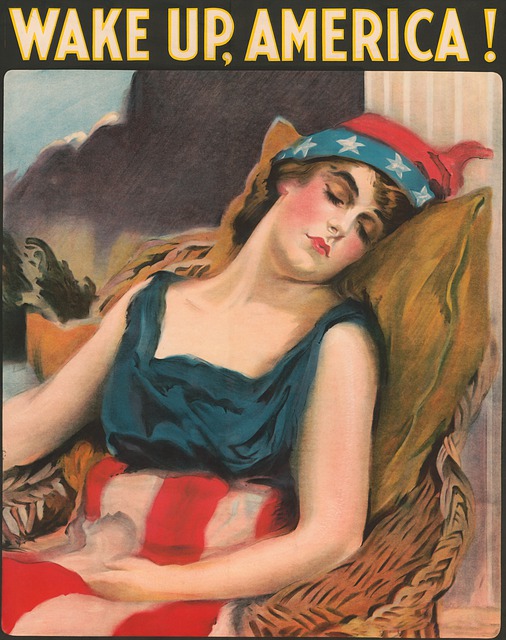
Voting is also a responsibility. Only you can make a decision about your vote. No one can do it for you.
And if you don’t send your vote, it will not get done.
If you know someone who is voting and has questions, you can find a lot of help from the County Elections Office. In Multnomah County, you can even get help with translation.

Another responsibility is to serve on a jury. In the US, a jury is a group of citizens who make a decision in court. A jury may make a decision about a crime and if someone is guilty or not.
A jury may also work with a judge in a case about other kinds of law, too. If you are a citizen, it is your responsibility to serve on a jury.
Have you ever gotten mail about serving on a jury? In Oregon, courts use driver license information to choose people.
What is one responsibility that is only for United States citizens?* –> Vote in a federal election / serve on a jury
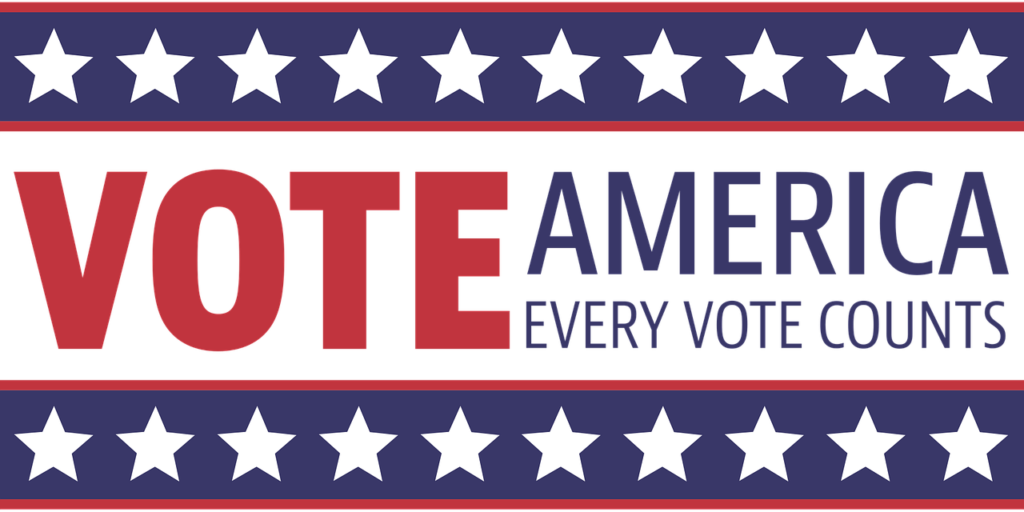
Citizens have to be 18 to vote for president. In Oregon, citizens can register to vote when they are 16, and they automatically register when they get a drivers license. But, they have to wait to be 18 to really vote.
How old do citizens have to be to vote for President?* –> 18 and older
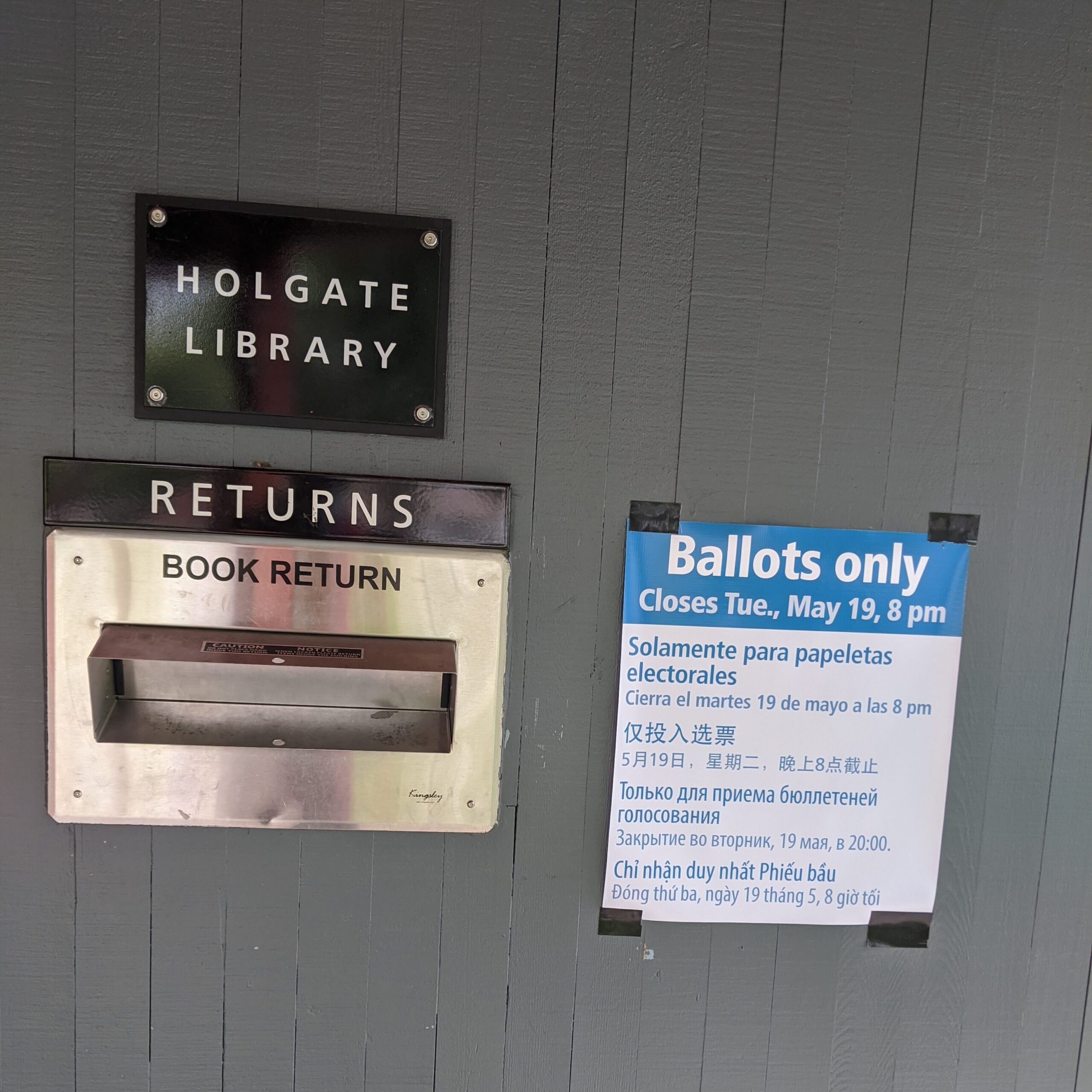
An amendment is a change to the Constitution. When the Constitution was written in 1787, only men with property could vote. Since then, Americans changed the Constitution 4 times:
- Men of all races can vote
- Voting must be free (no voting taxes)
- Women can vote (any citizen can vote)
- Citizens 18 and older can vote
There are four amendments to the Constitution about who can vote. Describe one of them. –> Citizens 18 and older can vote / Any citizen can vote
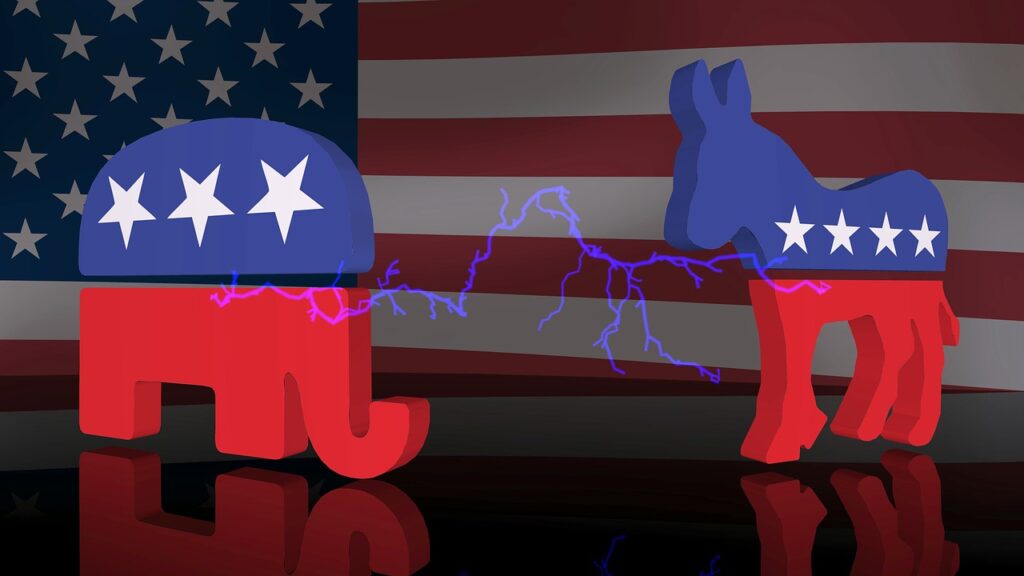
When you register to vote, you can choose a political party. It is free to join a political party. It is public information kept by the Oregon secretary of state. It is your right to join any political party, or none.
But, you should join a political party so you can vote in a primary election. A primary election is the election that each political party has to choose their candidate.
So, Democrats can vote in the Democratic primary election. Republicans can vote in the Republican primary election. After the primary, there is a general election. All registered voters can vote in a general election.
What are the two major political parties in the United States?* –> Democratic and Republican
Review
Review of the Constitution and Your Rights + The Right to Vote
Can you answer these questions when someone asks you?
Extra practice: can you write the answers?
- What is the “rule of law”?
- How many amendments does the Constitution have?
- What is an amendment?
- What do we call the first ten amendments to the Constitution?
- What is one right or freedom from the First Amendment?*
- What is freedom of religion?
- What are two rights of everyone living in the United States?
- Name one right only for United States citizens.
- What is one responsibility that is only for United States citizens?*
- How old do citizens have to be to vote for President?*
- There are four amendments to the Constitution about who can vote. Describe one of them.
- What are the two major political parties in the United States?*


